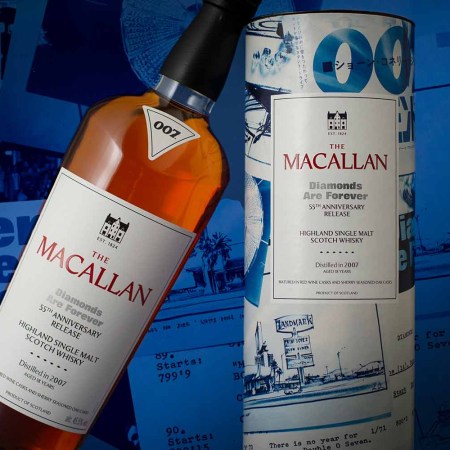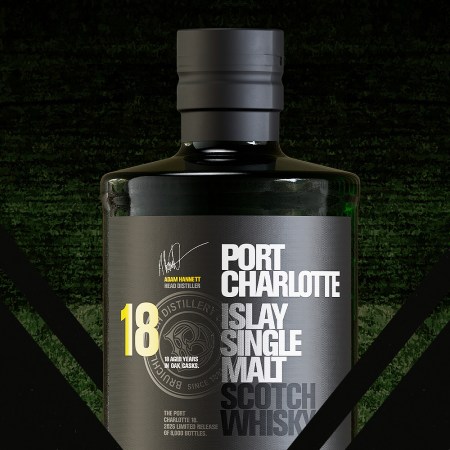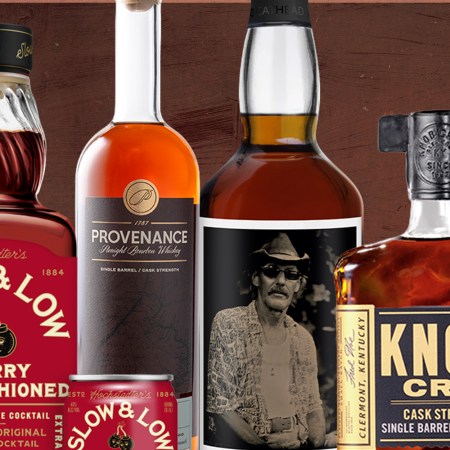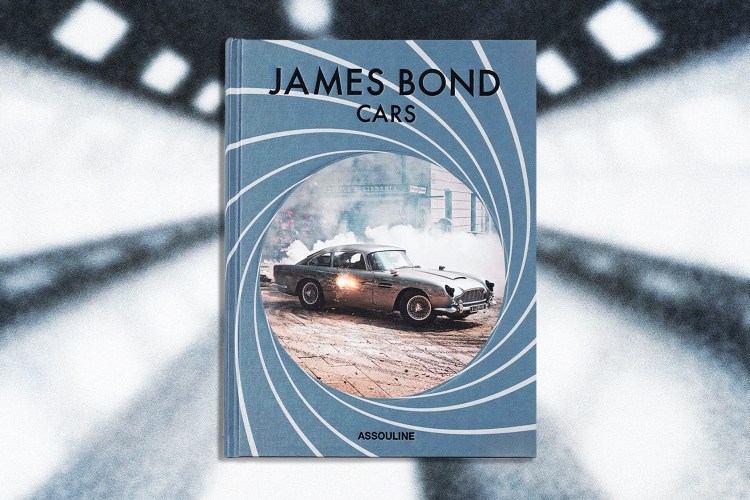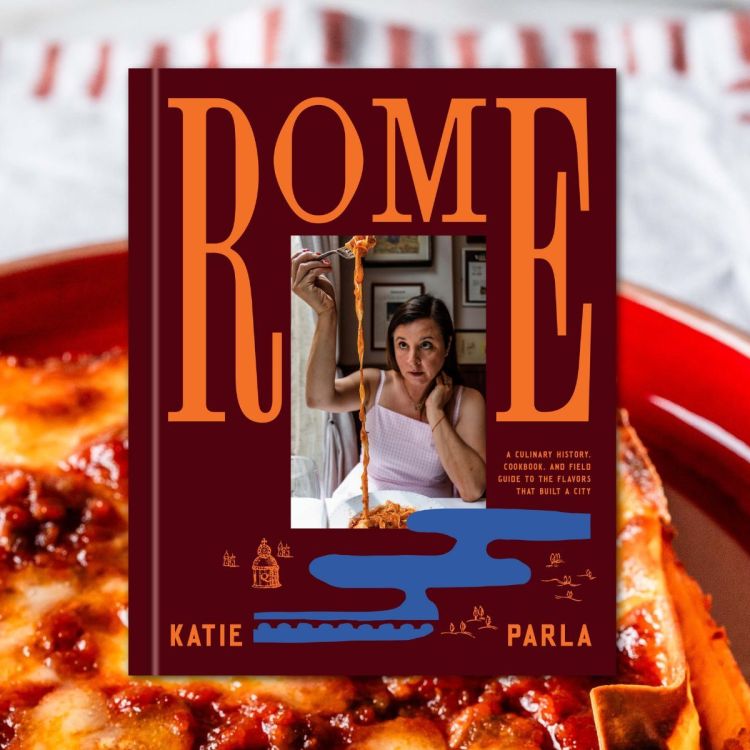Tradition holds that if you need to impress clients, dates, father-in-laws et al, you reach for the oldest bottle in your arsenal.
And if charming dilettantes is your MO, that works. But if enjoying Scotland’s finest is the reason you put down Benjamins on a bottle, the no age statement (NAS) whisky beckons.
“The whiskies out on the market now that don’t make an age statement are prestigious, fantastic and for the more educated, discerning palate,” says William Britton of Southern Glazer’s Wine & Spirits.
Between countless visits to distilleries across the world, Britton makes his living teaching liquor salesmen how to raise their whisky IQ. Today’s lesson: Why no age statement whiskies are so misunderstood, why they keep winning Whisky of the Year awards, and what, specifically, you should be drinking right now.
First, a few notes on Scottish Law
Some ground rules: Scotch must age three years minimum. Single malt whisky denotes any Scotch blended with whiskies made only from barrels within the same distillery. The bottle age must reflect the youngest whisky therein.
Why blend single malts?
Think Oreos and milk. Cabernet and ribeye. “Older whisky is typically richer, smoother and more complex. Younger whisky can be sharper and a little hotter,” Britton says unironically. “When you put them together with just the right blend, they create a product that’s greater than the components on their own.”
There are two kinds of no-age-statement (NAS) whiskies. The first are the crowd pleasers.
Made for economical reasons, NAS whiskies like Johnny Walker Red blend expressions from differing years to create a good product in the cheapest way possible. Ten years is a long time to await returns on aging whisky; NAS blending can cut out years and expedite profits.
But don’t let the crowd pleasers’ bad rep muddy that of the following …
The Perfectionists: NAS whiskies conceived to achieve a unique, innovative taste profile, cost be damned. Britton’s favorite: Glenmorangie Signet, IWC 2016 Whisky of the Year.
Signet’s ingredients are largely secret, but its heart comprises 35-to-40-year-old Scotch and high-roasted chocolate malt. Glenmorangie sets aside two weeks every year to devote its distillery entirely to Signet, the only NAS they make. “Then they over-roast the barley, which significantly decreases the yield,” Britton says. “So there’s an increased cost again … all for a very rare process I don’t know that anyone else is doing.”
Tumble-roasting chocolate malt at high degrees may cut into profitability, but the result is a striking, full and rich dram. On the nose: bold espresso hinted with delicate sweets of plum, sherry and orange. Then come chocolate-rounded notes of spicy ginger and cinnamon to light up the palate. Creamy vanilla follows to achieve a smooth finish.
“Signet is the most fantastic whisky I’ve ever tasted,” Britton equivocates for no one.
“And I’ve tasted some ridiculously good whiskies.”
Every Thursday, our resident experts see to it that you’re up to date on the latest from the world of drinks. Trend reports, bottle reviews, cocktail recipes and more. Sign up for THE SPILL now.

